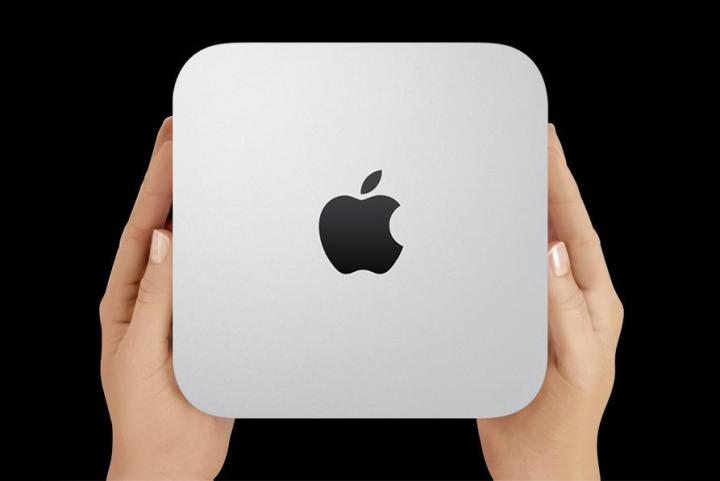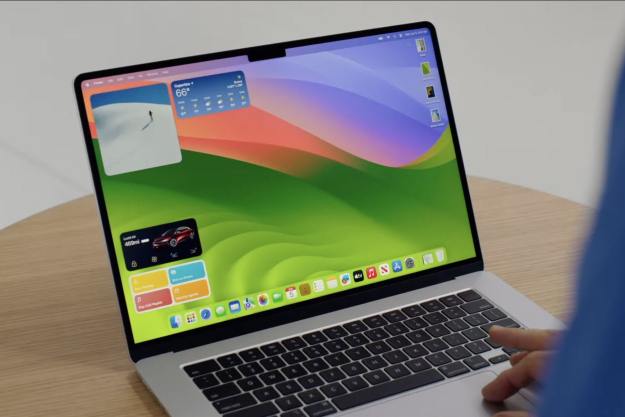
The Mac Mini line itself hasn’t seen a hardware refresh since 2014, but new units are supposedly on the horizon. Apple first introduced its miniature Mac computer in 2005, which served as the company’s first Mac-branded product to ship without a built-in display, a compatible mouse, or a keyboard. The idea was to address customers who were looking to move away from Windows-based PCs, and already owned those three external devices.
But the last refresh to the Mac Mini was three years ago, leading to speculation that Apple may be discontinuing the line altogether. To clear the air, Apple CEO Tim Cook confirmed in a recent email that “we do plan for Mac Mini to be an important part of our product line going forward,” eliminating any doubts about the product’s future. Meanwhile, based on Apple’s support policy, the last refresh will enter vintage territory between 2019 and 2021.
Here are the current three Mac Mini models:
| $499 | $699 | $999 | |
| Processor: | Core i5-4260U | Core i5-4278U | Core i5-4308U |
| Graphics: | HD Graphics 5000 | Iris Graphics 5100 | Iris Graphics 5100 |
| Memory: | 4GB LPDDR3 @ 1,600MHz |
8GB LPDDR3 @ 1,600MHz |
8GB LPDDR3 @ 1,600MHz |
| Storage: | 500GB 5,400RPM HDD | 1TB 5,400RPM HDD | 1TB Fusion drive |
| Connectivity: | Wireless AC Bluetooth 4.0 |
Wireless AC Bluetooth 4.0 |
Wireless AC Bluetooth 4.0 |
| Ports: | 2x Thunderbolt 2 4x USB-A (Gen1) 1x HDMI 1x SD card slot 1x Audio input 1x Headphone jack |
2x Thunderbolt 2 4x USB-A (Gen1) 1x HDMI 1x SD card slot 1x Audio input 1x Headphone jack |
2x Thunderbolt 2 4x USB-A (Gen1) 1x HDMI 1x SD card slot 1x Audio input 1x Headphone jack |
| Size (inches): | 1.4 (H) x 7.7 (W) x 7.7 (D) | 1.4 (H) x 7.7 (W) x 7.7 (D) | 1.4 (H) x 7.7 (W) x 7.7 (D) |
| Weight: | 2.6 pounds | 2.6 pounds | 2.7 pounds |
As the chart shows, the current Mac Mini devices sport outdated, fourth-generation processors and graphics. To put that in perspective, Intel just began rolling out its eighth-generation line, with additional chips hitting the market in early 2018. The 2011 Mac Minis now certified as “vintage” are based on even older processors: Intel’s second-generation Core i5-2415M, Core i5-2520M, and Core i7-2635QM chips.
There’s no doubt that the Mac Mini line is in dire need of a refresh. Apple’s move to “retire” the 2011 model is also understandable given that companies can’t continue to support outdated hardware forever. Apple’s gracious business practice in providing parts and services for five years after products are no longer manufactured is undoubtedly why the company has such a huge customer base. Many manufacturers cut hardware support after a year or two.
Editors' Recommendations
- The biggest threat to the MacBook this year might come from Apple itself
- Whatever you do, don’t buy a MacBook Air right now
- The easy way to choose between the Mac Studio and Mac mini
- My hopes for a new iMac Pro have been dashed — for now
- Apple 16-inch MacBook Pro: don’t make a mistake you’ll regret


